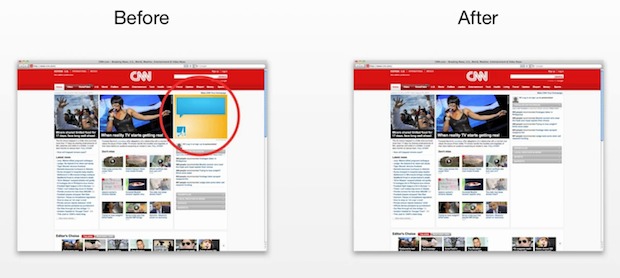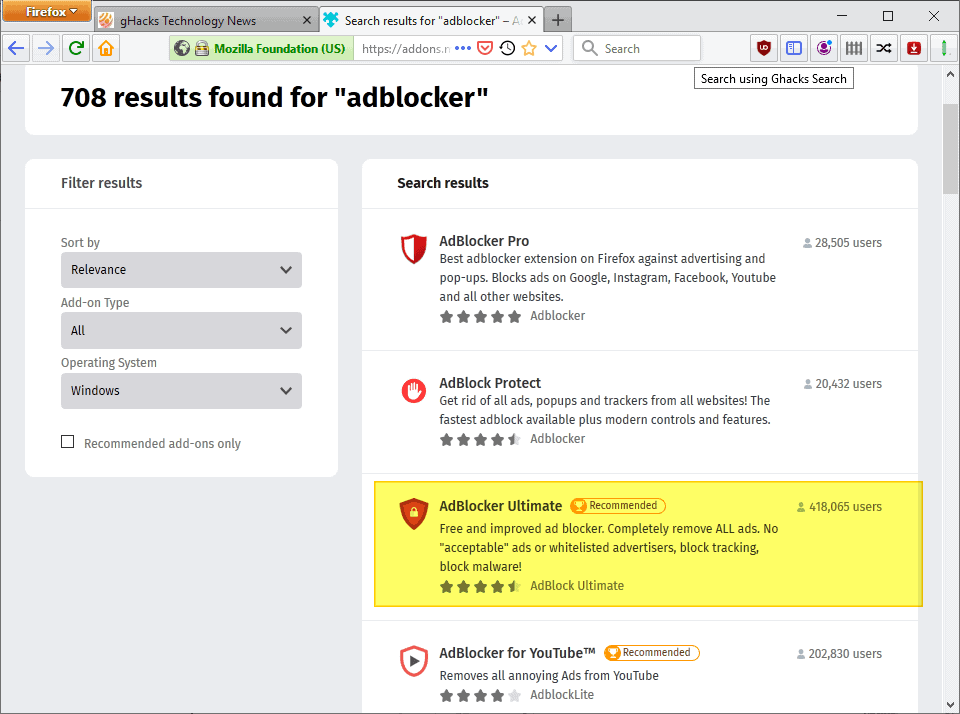

Not all browsers offer the exact same extensions, but Google Chrome and Mozilla Firefox are the two most popular browsers, and the ones I focus on here. But in exchange for the occasional slight headache, companies will have a harder time tracking what you do online. Sometimes a browser extension might cause a website to display text strangely, prevent embedded images or tweets from loading on a page, or remove the little social media buttons that make it easy to share an article. Privacy almost always comes at the cost of usability. But browser extensions are simple, generally free add-ons that you can use to slow down or break this type of data collection, without completely ruining your experience of using the internet.

Everything you do online-from browsing to shopping to using social networks-is tracked, typically as behavioral or advertising data.


 0 kommentar(er)
0 kommentar(er)
